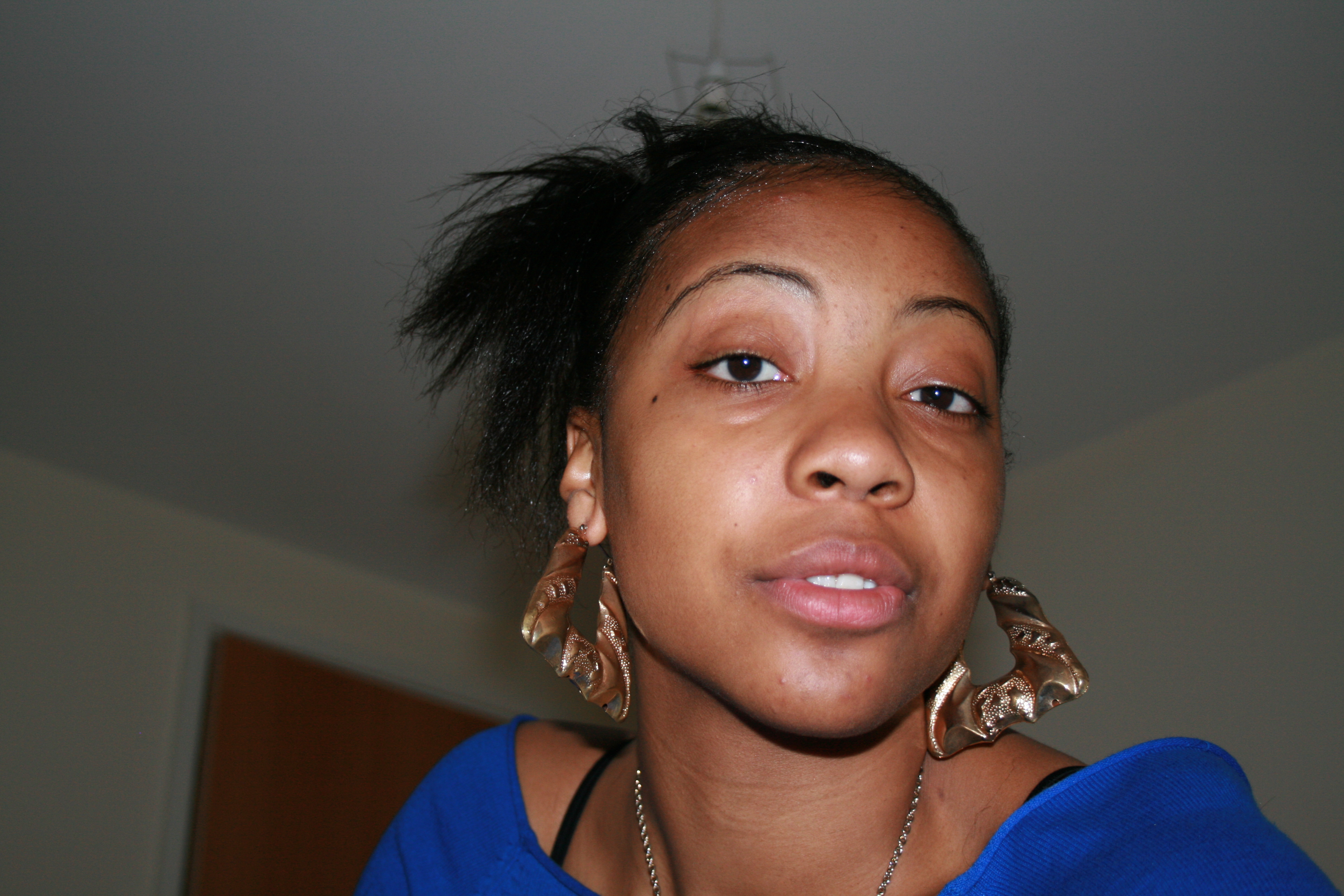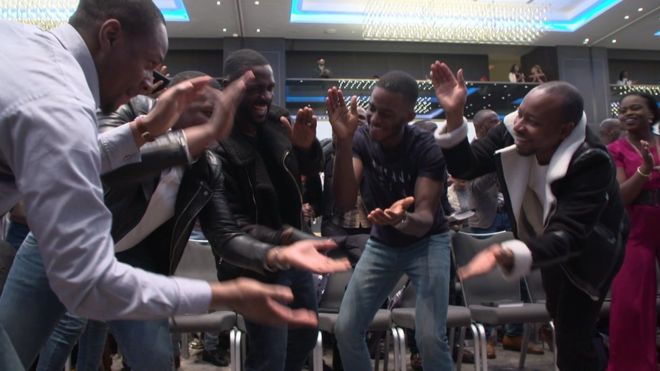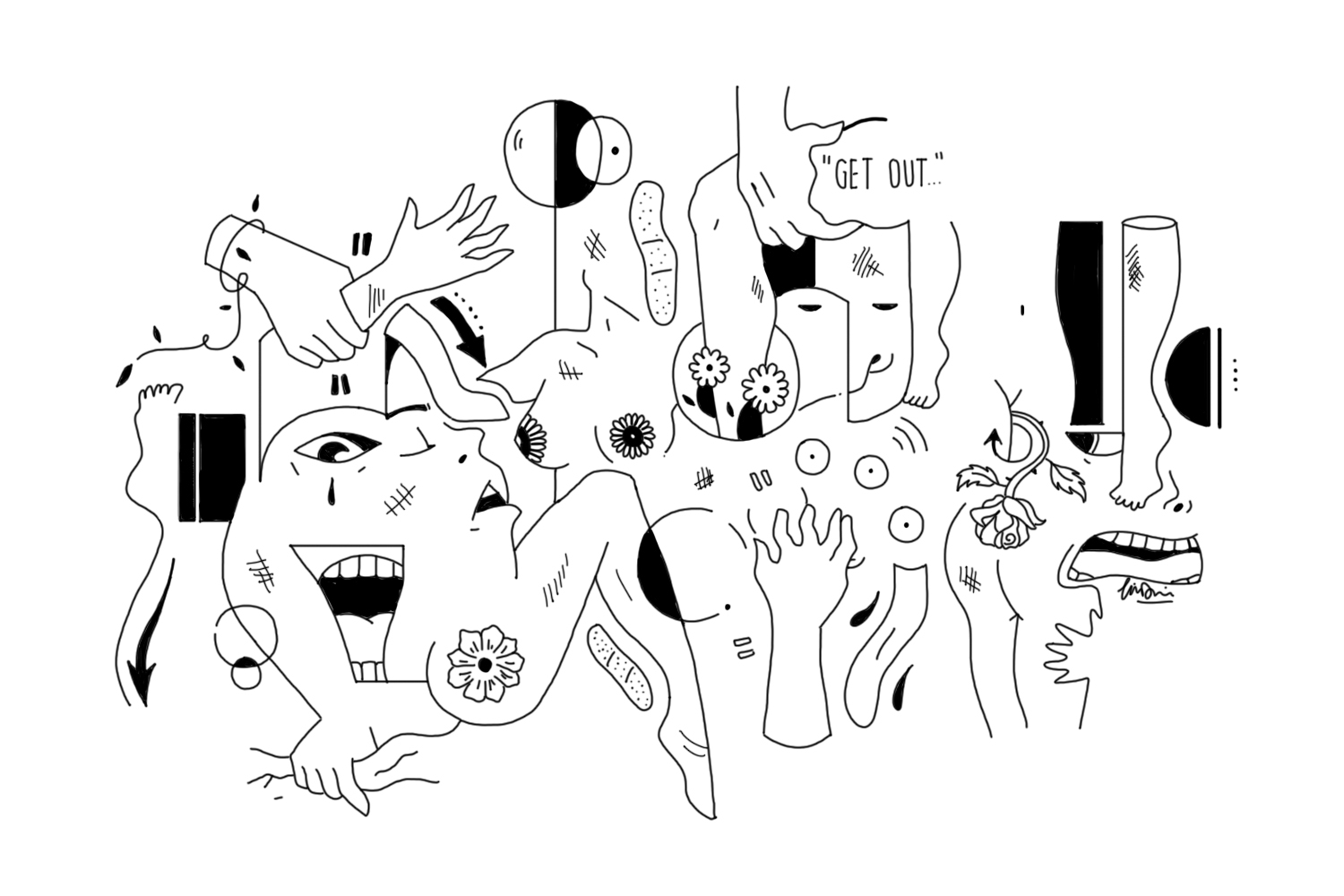
I was sitting on the top deck of the 188 bus on a warm summer’s afternoon in south London. The bus engine was idling as we waited in traffic that snaked as far as the eye could see, but eventually the red tail lights ahead flicked off one by one as the cars crawled forward. A group of teenage boys emerged to our right. Their long limbs seemed to move in slow motion as they lazily strolled across the road, providing a new obstruction for the queue of impatient cars. Two of the group stopped, directly in front of an irate motorist, turning back to where they had come from, before crumpling in laughter at a private joke. Car horns chorused, one driver shook his fist out of the window. The boys turned, unperturbed by the mounting irritation around them and sauntered away as the car they had blocked jerked forward.
I watched the group of boys continue their trajectory, their demeanor languid and loose with youth, and smiled to myself. See, when you’re young, you have this air about you. People think that you’re being disrespectful as you swarm the streets, talk loudly, and play fight with your friends in public. However it’s not so much disrespect, more the joyful arrogance of youth. You feel like you’re invincible. Life hasn’t worn you down yet. These adults feel like it’s a personal affront, when in actual fact their jaded and weather-beaten existence is so far from your mind; but you remind them of what they have lost, and what they have become.
The younger version of me has done some stupid stuff. I was late to my first two GCSE exams because I decided to go and meet a boy beforehand, instead of turning up early to get in some last minute revision. I remember the walk of shame as I skulked into the examination hall where my classmates were furiously scribbling away, thinking this might be the moment where I lived up to every negative assessment of my character a teacher had ever made. There was also the time where I sprayed Lynx body spray directly onto my tongue for no other reason than I was dared to. And I don’t even want to think about the times my friends and I jumped into strangers cars late at night to get lifts from here to there, while our parents thought we were at sleepovers watching films and eating popcorn. Tragedy, death, or dismemberment always seemed so far away.
As reckless as teenage behaviour can be, I believe it’s something that we’re born with. I’m not advocating for the kind of foolishness that would have you pile into the back of an anonymous car driven by a group of tipsy older boys, but watching my child slowly learn to walk I notice flashes of that same fearlessness. As he pulls himself up into a standing position from the floor, my hands hover at his waist, ready to catch him. He shifts his weight onto one foot, taking his hand from the chair that he is using to steady his balance and forcefully pushes me away. He takes a few drunken steps forward and my hands swoop to steady him, but he does it again. This doesn’t surprise me, he was very literally trying to walk before he had even managed a floor shuffle, let alone crawl. He launches himself to whatever object of desire he sees, not understanding the concept of gravity, and the distance between the safe embrace of my arms and the very hard pavement. As much as such antics leave new parents on edge, this is the way that children learn. Innocent delusions about their ability means that they try and try again until they actually succeed. My admonishment – “You can’t actually walk, bruv!” – falls on deaf ears. My son smiles crookedly at me like there’s something that I’m missing.
Growing older can dull your edges. Unsurprisingly a study by the Max Planck Institute for Human Development found that risk-taking behaviour generally decreases as individuals age, with a particularly marked decrease between young adulthood and the early 30s. This is the prime age for a quarter-life crisis, where many of us – myself included – have found ourselves agonising over the prospect of adulthood, responsibilities, and wondering if our lives are circling the drain or going to pick up. During my own quarter-life crisis, I found myself preoccupied with ideas about responsibility and success, as some of my peers settled into defined career paths and bought houses. When this kind of fear begins to set in, it’s no wonder that we find our appetite for risk and the unexpected turns pale. Contrast this longing for stability and maturity with the stereotype of the midlife crisis that affects those a generation ahead, who we are told dye their hair, buy sports cars and try to bed younger and younger partners in some desperate effort to recapture the vitality of youth.
We are rushed through our adolescence and early adult years in an effort to gain whatever golden pot this advancement in age seems to offer. “You’ll understand when you’re older.” “Don’t you think it’s about time that you grew up?” “Act your age, not your shoe size!” Repeat ad nauseum. Really we’re being set up to mourn a youth misspent and misdirected, writing the kind of mawkish monologues that middle-aged screenwriters slip into “coming-of-age” films as a swansong for the youth they ache for. But then again, what do I know, I’m only in my mid-twenties. Maybe I’ve got it all wrong.
I once made an offhand comment to my father about how my peers and I were getting old. Having just turned fifty he laughed, his eyes twinkling and said that we had more than a few lives ahead of us. Whilst the preoccupations of adult responsibilities are a given, being eaten alive by the weight of them isn’t inevitable. As cliche as it sounds we really are only as old as we feel. The American poet, Samuel Ullman said that “years may wrinkle the skin, but to give up enthusiasm wrinkles the soul”. It’s the fear that ages us. There are procedures that we can try, creams that we can buy, and all the tricks of the trade to keep us drinking from the fountain of youth. But, despite the premium that popular culture places on youthful physical attributes, it’s not actually about staying young: it’s about staying fearless.







